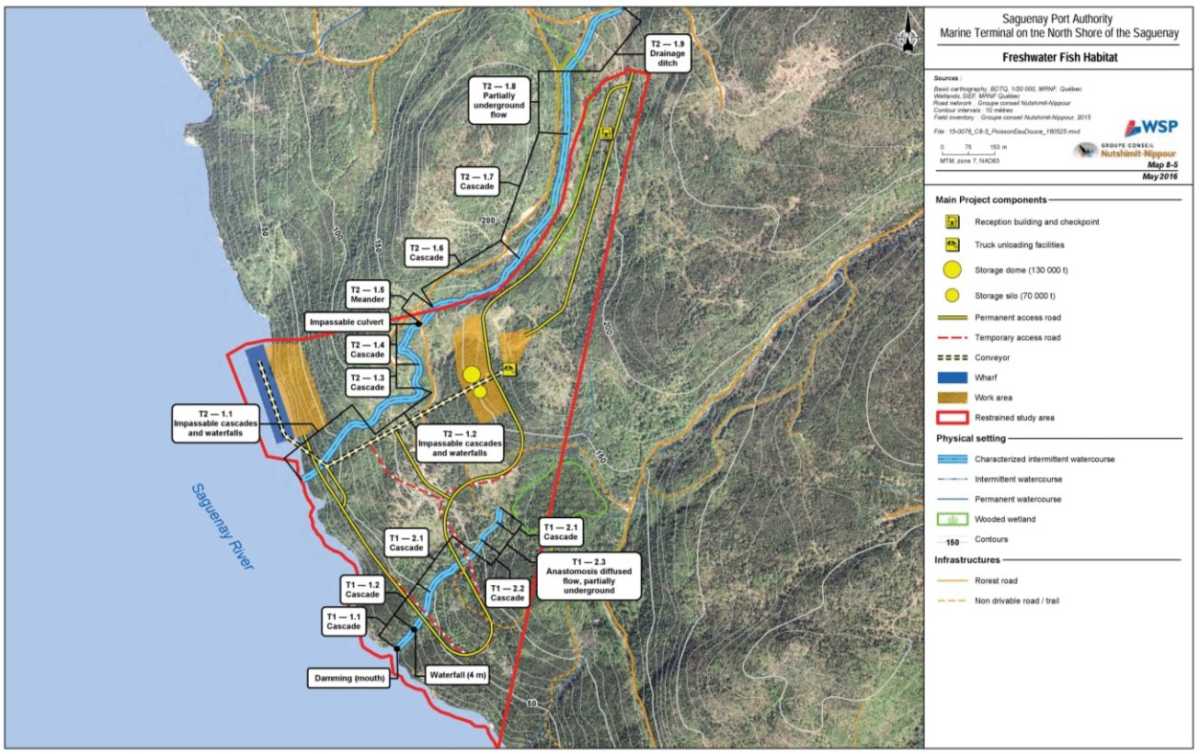Business
New Power Station Coming to Bagotville as Part of Hydro-Québec’s Expansion Plans

Hydro-Québec is gearing up to build a new power station in Bagotville as the demand for electricity keeps rising in the area. This decision comes after a meeting between the team from Hydro-Québec, local residents, and the media back in March 2023.
The urgency for this new installation was emphasized due to the expected increase in electricity needs at the Grande-Anse port and the industrial park along Route 170. The company has expressed that significant investments are necessary to maintain the Port-Alfred substation, which is nearing the end of its life.
Right now, La Baie has two substations, but Port-Alfred’s location isn’t ideal. The new station will be built on an empty lot close to the industrial park to better serve the local industries, around 3 km south of Rio Tinto’s existing facilities.
This project will also involve constructing two new lines to connect the new station to the existing Rio Tinto grid. The plan includes building a 3 km line running parallel to the Rio Tinto corridor and a 1.2 km line connecting this corridor to the facility.
Additionally, Hydro-Québec will be removing an old line that is no longer in use, which used to service a client that has stopped operations. They also mentioned the possibility of adding a third circuit if future network needs arise.
Once completed, the Bagotville station will take over the load currently handled by Port-Alfred, which is set to be closed down by 2027. The new station could also support the Dubuc and Chicoutimi substations in the next 10 to 15 years.
The estimated cost for the preparation and construction of the new facility is about $83.5 million, while demolishing Port-Alfred’s station is expected to cost around $4.8 million. If expenses exceed 15%, the project will need a thorough review by Hydro-Québec’s upper management.
The Régie de l’énergie, which is overseeing this project, concluded that this new power station is the most efficient option from a technical, economic, and social perspective, emphasizing its importance for future energy needs.
In the meantime, Hydro-Québec is preparing for winter peaks in 2024-2025 and 2025-2026 by transferring some loads from La Baie and Port-Alfred to nearby stations. However, they’ve warned that this plan might not be enough to meet all the expected energy demands.
As a precaution, they are asking customers to reduce their electricity use and might have to implement cycling load shedding if needed.












